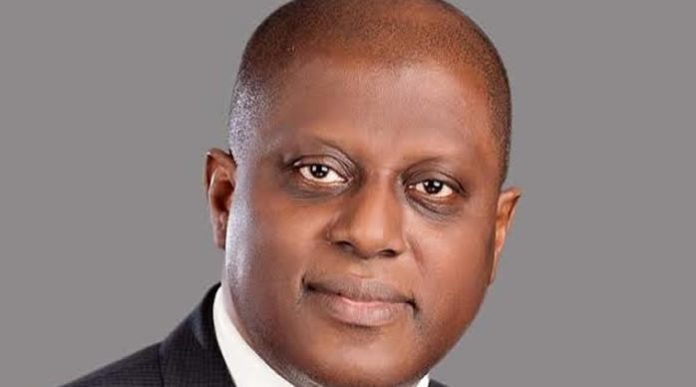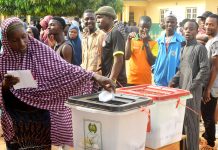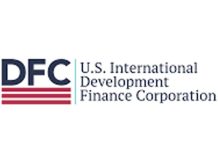The Central Bank of Nigeria (CBN) has provided insights into the substantial decrease in the nation’s foreign exchange reserves, attributing it not primarily to defending the naira, as commonly perceived, but rather to partially repay debts owed to creditors.
CBN Governor Olayemi Cardoso shed light on this matter during the ongoing International Monetary Fund/World Bank Spring Meetings in Washington D.C., emphasizing the bank’s intention to minimize its involvement in the market. Cardoso stressed the importance of allowing market forces to dictate prices rather than relying extensively on the bank’s intervention.
Concerns arose among Nigerians regarding the significant decline in foreign exchange reserves, which plummeted by approximately $2.16 billion in 29 days, despite efforts to stabilize the naira. Data from the CBN website revealed a decrease from $34.45 billion on March 18, 2024, to $32.29 billion on April 15, 2024.
While the CBN had previously attributed the rise in reserves to increased remittances and foreign investors’ interest in local assets, Cardoso clarified during the Governor Talks event in Washington that the bank’s objective wasn’t to defend the naira. He mentioned that a $600 million boost in reserves was imminent.
Cardoso emphasized the shift towards a market-driven exchange rate system, indicating the intention to intervene only in exceptional circumstances. He attributed the recent fluctuations in reserves to debt repayments and assured an impending improvement.
Furthermore, Cardoso highlighted a significant increase in forex liquidity, with daily transactions surpassing $1 billion within six months of his tenure, contrasting sharply with previous administrations’ monthly averages of $200 million to $300 million.
Acknowledging the challenging circumstances upon assuming office, Cardoso affirmed the government’s commitment to addressing rising inflation. He also disclosed the discontinuation of the practice of using Ways and Means, thanks to collaborative efforts between the CBN and the Ministry of Finance.













